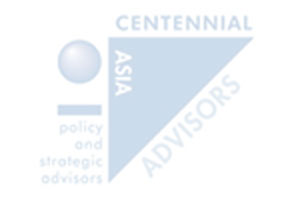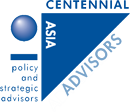- January 15, 2019
- Posted by: admin
- Category: Daily News
No Comments

- Indonesia is accelerating a strategy to utilize its connections with the Muslim world to tap new export markets and boost trade amid downward pressure from U.S.-China trade tensions.
- President Joko Widodo embarked on a mission to the Muslim world with a string of visits to countries including Turkey, Pakistan, Bangladesh and Saudi Arabia over the past year. While the political objective of the visits — to cement his Muslim credentials amid a bid for re-election — was obvious, the economic aspect only became apparent later.
- Several Muslim-majority countries, from the Middle East to Africa, now represent half of Indonesia’s trade missions and negotiations. Major Indonesian commodities like textiles, footwear and crude palm oil are now also being shipped to these countries and Jakarta is lobbying for increased exports of other items such as processed food and train carriages to compete with Chinese products flooding into many of these countries.
- Indonesia dispatched trade missions to 13 countries in 2018, double the figure in 2017, with half of these nations predominantly Muslim — namely Algeria, Bangladesh, Morocco, Pakistan, Saudi Arabia and Tunisia. This year, five out of nine bilateral trade negotiations Indonesia wishes to conclude are with Muslim-majority nations, including Iran and Turkey.
- There are 1.8 billion Muslims in the world, accounting for 24% of the global population, with a growing purchasing power. The Islamic economy is expected to grow to be worth USD3tr by 2023, an increase of 42.7% from 2017, according to the State of the Global Islamic Economy Report 2018/19 developed by Thomson Reuters and DinarStandard.
- Indonesia’s pivot to Muslim trade has been unprecedented. The Widodo administration did not exactly build it from zero, but trade volumes with fellow Muslim-majority nations — except for close neighbor Malaysia — were very small.
- Southeast Asia’s largest economy had been largely focusing on trade with traditional partners such as China, the U.S., Japan, South Korea and some Southeast Asian neighbors. But with spillover from the U.S.-China trade war putting downward pressure on Indonesia’s exports, the country has been forced to look beyond its major partners.
- Oke Nurwan, the trade ministry’s director general for foreign trade, said Indonesia’s status as home to the world’s largest Muslim population was “an advantage” as it lobbies fellow Muslim-majority nations to buy its products.
External Link: https://asia.nikkei.com/Economy/Indonesia-doubles-trade-missions-to-Muslim-markets-in-export-push
15-Jan-2019
